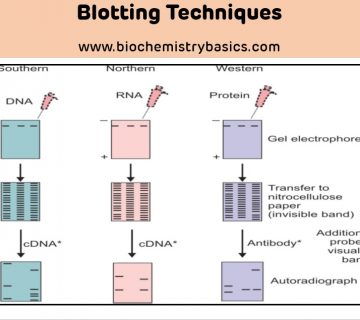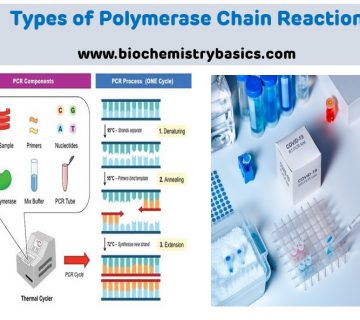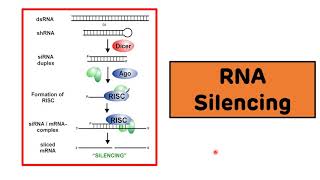Relationship between altered level of serum electrolytes and risk of senile cortical cataract – A Case Control Study
Written By :
Jadav Prashantkumar M, Sharma Hariom M*, Maniar Megha A , Chaudhary Nitinkumar G, Maheshwari Amit V, Hardik Javia N.
Abstract
Aim & Objectives: To evaluate a correlation between altered serum electrolyte levels and development of senile cortical cataract. Materials and Methods: Venous samples were collected in fasting stage. Serum electrolytes levels were measured by Ion selective electrode method. Setting and Design: In this case control study, 100 senile cataract patients scheduled for cataract surgery in Ophthalmology department and 100 normal individuals of same age group
were selected. Statistical analysis: Data analysis was done by Graph Pad online software. Means of electrolytes were compared between two groups by unpaired t-test. Interpretation was done according to p-value. Results: Mean levels of serum Na+, Ca+2, Cl- were 144.84 ± 3.68 mmol/L, 1.25 ± 0.08 mmol/L, 100.92 ± 3.76 mmol/L in case group respectively. Mean levels of serum Na+, ionized Ca+2, Cl- were 138.69 ± 3.87 mmol/L, 1.16 ± 0.05 mmol/L, 98.53 ± 2.87 mmol/L in control group respectively. So, the case group had significantly higher Na+, ionized Ca+2, Cl- levels (*p<0.001) as compared to control group. Mean level of serum K+ was 4.22 ± 0.49 mmol/L in case group as compared to 4.40 ± 0.46 mmol/L in control group. So, the case group had significantly lower serum K+ levels (*p < 0.05) as compared to control group.
Conclusion: Altered levels of serum electrolyte in absence of other biochemical risk factors remain the significant risk factor associated with development of senile cataract.
Key Words: Serum electrolyte, senile cataract, Na+- K+- ATPase, Ca+2 ATPase MBBS, M.D, Post Graduate Residents, * MSc, PhD (Biochemistry) Professor Department of Biochemistry, Govt. Medical College & Sir T Hospital, Bhavnagar
Corresponding author email: drprashantjadav86@yahoo.com




